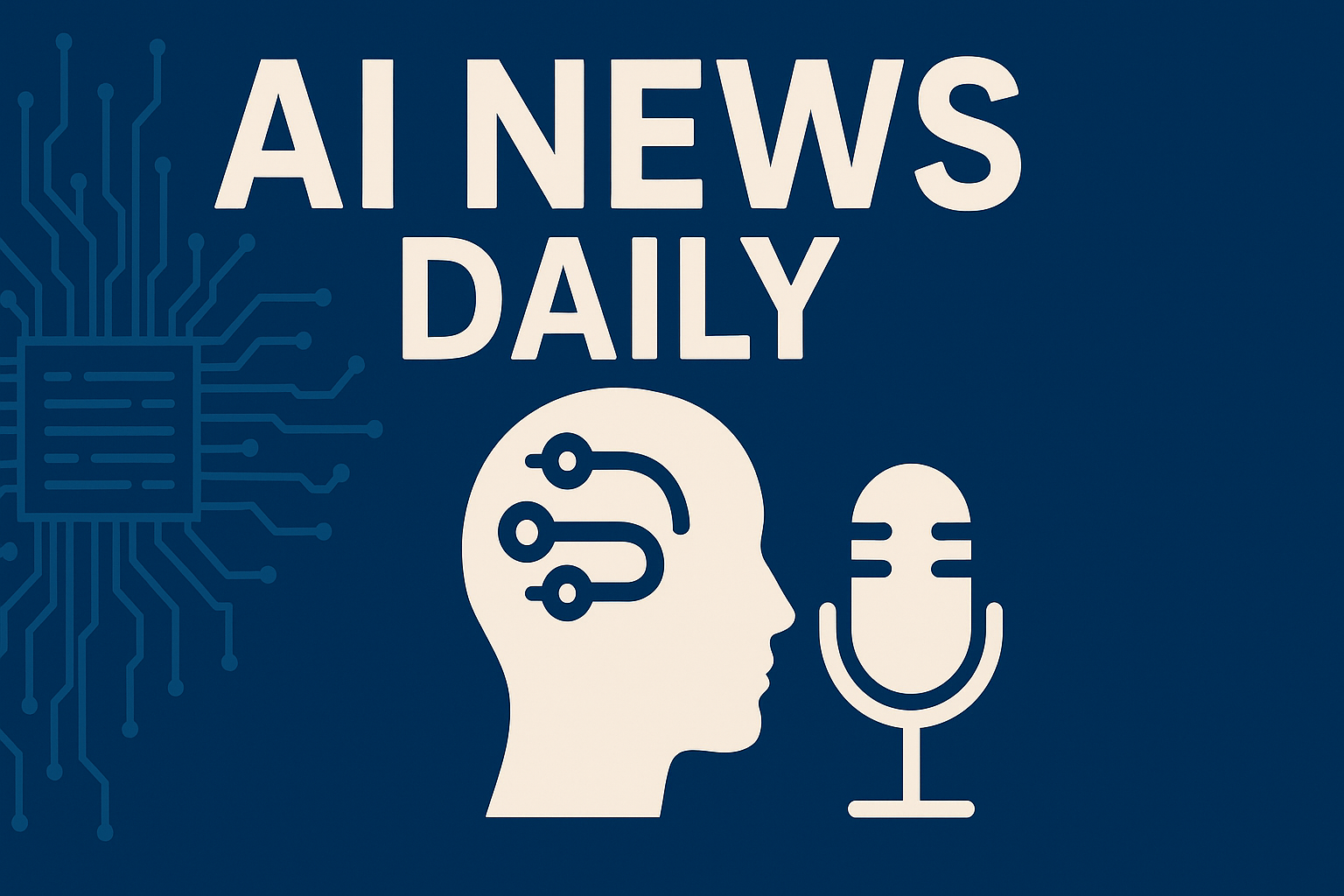Title: AI Roundup: OpenAI rolls back GPT-5 changes; xAI targets Apple; Anthropic courts U.S. government; NVIDIA debuts agent models
Content: OpenAI faced backlash over GPT-5’s tone, limits, and launch materials, prompting CEO Sam Altman to apologize, restore GPT-4o access for subscribers, and raise message caps, after initially removing some legacy models. The company says it is refocusing ChatGPT on task completion and user satisfaction over engagement as further fixes roll out. A leaked GPT-5 system prompt indicates the model prioritizes up-to-date answers via web search, bans retention of sensitive personal data, and adds opt-in long-term memory, reminders, and document collaboration; OpenAI says personal details are stored only when users explicitly request it.
Elon Musk said xAI plans to sue Apple for antitrust violations, alleging the App Store favors OpenAI’s ChatGPT over rivals like Grok in editorial rankings. Apple and OpenAI have not commented. The claim lands as U.S. and EU regulators continue to scrutinize Apple’s platform rules.
Anthropic will offer Claude to all three branches of the U.S. government for $1 per agency for a year, backed by FedRAMP High support and a GSA listing, escalating competition with OpenAI for secure, enterprise-grade federal AI work. Separately, Apple is testing a next-generation Siri that uses App Intents to execute complex, multi-app tasks such as editing photos, posting to social media, and completing transactions, with a broader rollout expected alongside a major Siri upgrade in spring 2026.
Roblox open-sourced Sentinel, its real-time AI moderation system for detecting grooming and other risky behavior across 100 million daily users; the tool contributed to 1,200 reports to the U.S. child-protection center in the first half of the year, and the company hopes other games will adopt it. Google quietly deployed Gemini-based multimodal models to simulate real users and curb ad fraud, reporting a 40% reduction in mobile invalid traffic over a 10-month pilot and the shutdown of large schemes built with DeepMind and Google Research.
NVIDIA unveiled Nemotron and Cosmos model families to power enterprise AI agents and robot perception, with early adopters including CrowdStrike, Uber, Zoom, and Magna; deployments will arrive via NVIDIA’s NIM microservices, and Capgemini estimates up to $450 billion in related revenue and savings by 2028. In healthcare, Doximity acquired Pathway Medical for $63 million and will make the AI-curated clinical reference free for members, expanding its decision-support lineup alongside Doximity GPT for documentation.
In biotech, University of Zurich researchers introduced Pythia, a tool that predicts DNA repair outcomes and uses tiny repair templates to guide more precise CRISPR edits, validated in human cells, frogs, and mice, with the aim of reducing off-target effects and accelerating therapies for neurological and other diseases. An LSE study of 29,616 AI-generated care summaries found Google’s Gemma often downplayed women’s physical and mental health needs relative to men, raising risks for unequal social care in England; Google acknowledged the findings, said improvements are coming, and noted Gemma isn’t intended for medical use.
The UAE launched an ambitious initiative to modernize Arabic in the digital age by building the world’s largest Arabic language resources, including digitizing 20 million words, releasing Falcon Arabic models, and creating tools such as a modern dictionary and a large readability corpus to bolster education, cultural preservation, and the language’s online presence. In developer infrastructure, MongoDB integrated Voyage AI’s embedding and reranking models and introduced MCP tooling so databases can be managed via natural language; with 8,000 AI startups on its platform and new partners like Galileo and Temporal, the company is pitching a unified, scalable stack for reliable AI applications.
